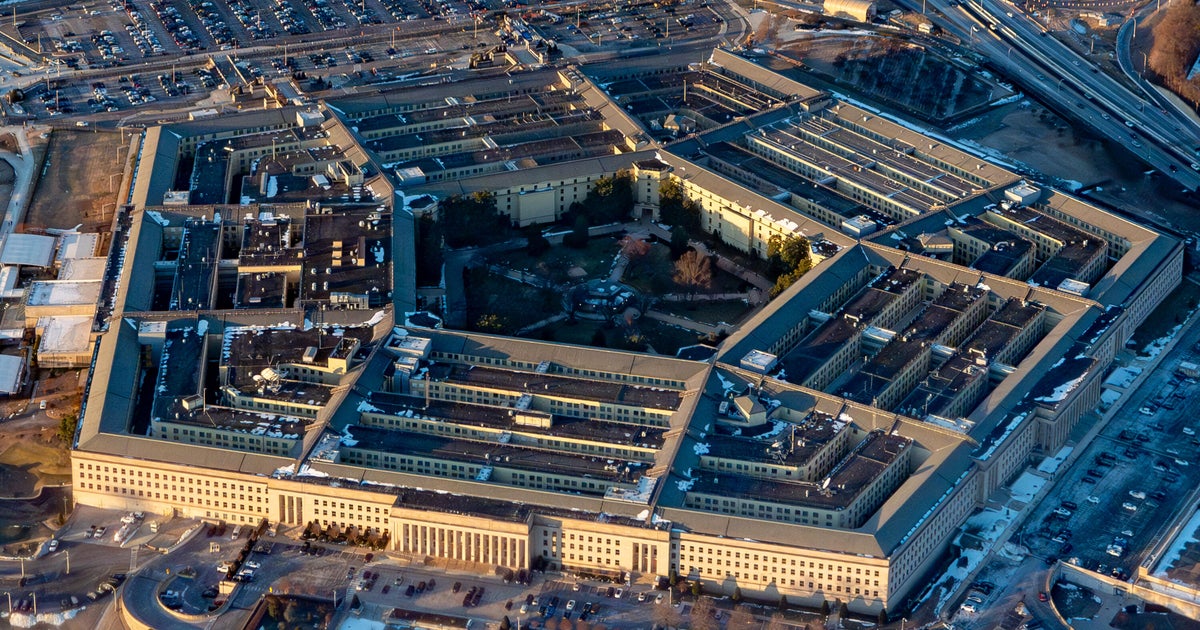In a recent development from Washington, the Defense Department is contemplating a significant move that could see up to 600 military attorneys stepping into the roles of temporary immigration judges. This plan comes in response to a request from the Justice Department, which is currently grappling with a monumental backlog in immigration cases numbering over 3.4 million. The idea is to have these military lawyers preside over immigration hearings in an effort to alleviate the overwhelming caseload facing the immigration courts.
Chief Pentagon spokesperson Sean Parnell confirmed the ongoing deliberations within the Defense Department to identify qualified Judge Advocates and civilian attorneys who could serve temporarily to aid in resolving the immigration cases. This move has drawn attention as it signals a substantial policy shift amidst the logistical challenges faced by the immigration judiciary. The intended deployment of military lawyers as immigration judges follows a broader pattern of adjusting roles within the judiciary under the current administration.
Immigration courts, which are distinctive in that they operate under the Justice Department rather than the federal judicial branch, have been under considerable strain. This strain further escalated following the dismissal of over two dozen immigration judges nationwide by the Trump administration earlier this year. The infusion of military attorneys into the judiciary could partially fill the void created by these dismissals, but it also raises significant procedural and ethical questions.
Judge Advocate General (JAG) Corps officers, regularly engaged in providing legal support to service members and advising on military legalities, would presumably require extensive training in immigration law, procedures, and policies to capably handle their new roles. This need for specialized training underscores the complex and nuanced nature of immigration law, a field dramatically different from military legal affairs.
The Pentagon’s initiative was highlighted in CBS News, which obtained an email sent from the Defense Department to U.S. Army Reserve military lawyers. The email solicited 100 volunteers to serve as immigration judges in the Justice Department for a set period of 179 days. Applicants were underscored to demonstrate comprehensive legal expertise, impartiality, sound judgment, and strong communicative abilities — qualities essential for the delicate and often high-stakes nature of immigration adjudication.
The Trump administration’s recent relaxation of job requirements for temporary immigration judges last month has notably broadened the scope of who might qualify to serve in these roles. Previously restricted to Justice Department lawyers with substantial immigration law experience or former immigration judges, the criteria have expanded under the new rule published in the Federal Register. The Executive Office for Immigration Review (EOIR) at the Justice Department now welcomes a wider array of government lawyers to contend with the immigration caseload. This alteration has stirred controversy and criticism, particularly from practitioners well-versed in the complexities of immigration law.
The American Immigration Lawyers Association (AILA) has voiced its disapproval of such amendments, questioning the prudence of appointing defense department attorneys — skilled in military law but novices in immigration matters — to positions affecting the lives and futures of immigrants. AILA’s response highlighted that expecting critical, fair decisions in such specialized legal terrain from those initially unfamiliar with the domain carries significant risks and undermines procedural justice.
On a related front, Republican Governor Ron DeSantis of Florida has suggested an even more unconventional proposal by offering National Guard troops as temporary immigration judges. This proposal, if adopted, would mean a reassignment of National Guard JAG officers under federal command, thus allowing them to serve as federally appointed immigration judges. This plan, too, involves a brief yet intensive training period in immigration law, further illustrating the drastic measures being considered to tackle the judicial backlog.
Each proposal, from deploying military lawyers to utilizing National Guard troops, underscores a critical phase for the U.S. immigration system. These moves are bold and perhaps desperate attempts to manage the burgeoning caseload effectively. However, they also invite scrutiny and debate about the suitability and preparedness of these military personnel for roles that require deep understanding and sensitivity towards complex, human-centric legal issues.
Amid these developments, the Justice Department remains committed to footing the bill for these operations, suggesting a significant investment in what it hopes will be a viable short-term solution to an entrenched systemic issue. Whether these measures will stand the test of efficiency and fairness in the immigration court system remains a contentious and closely observed matter. As these plans unfold, the nation watches closely, aware of the potential implications for thousands of lives influenced by the workings of its immigration courts.









